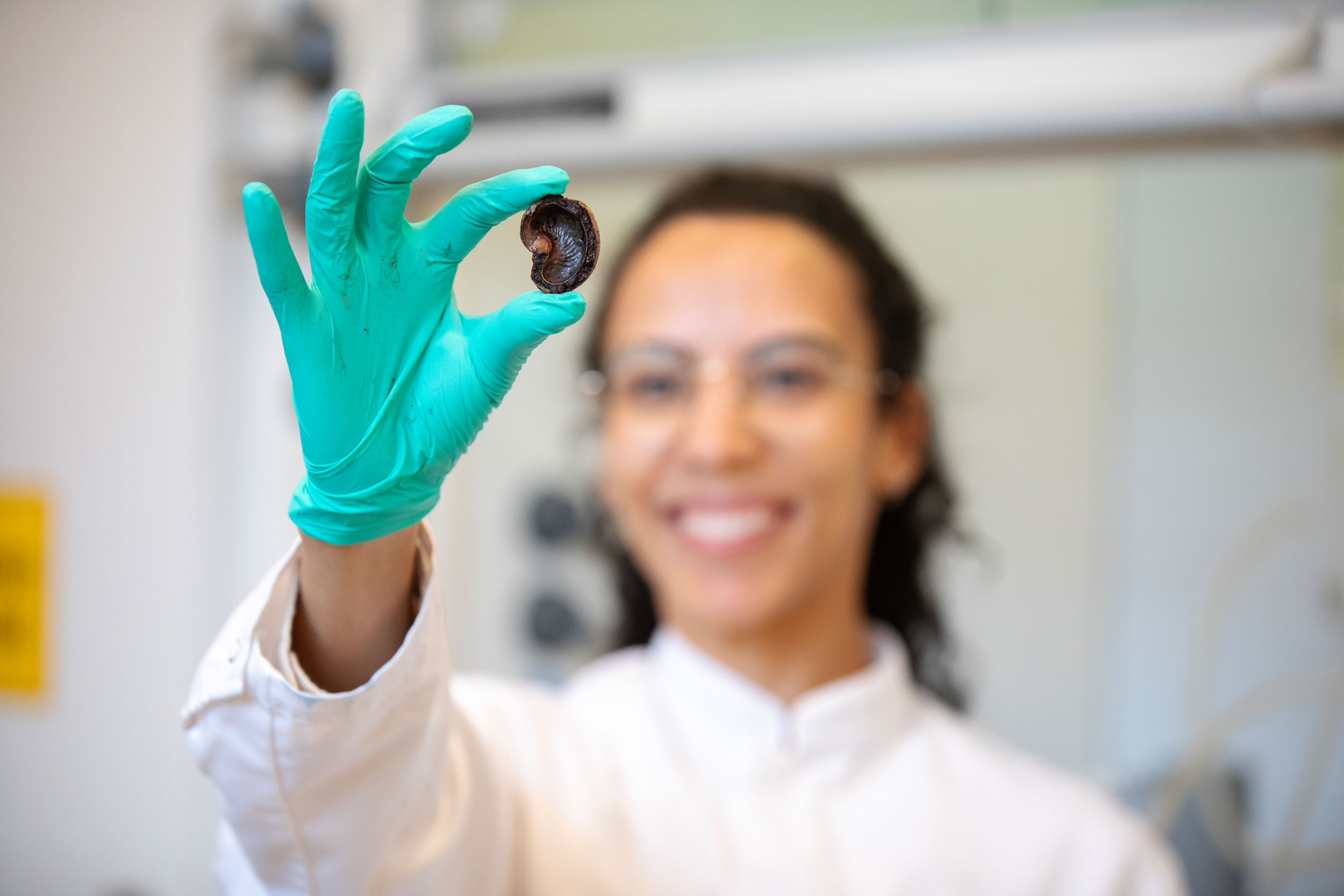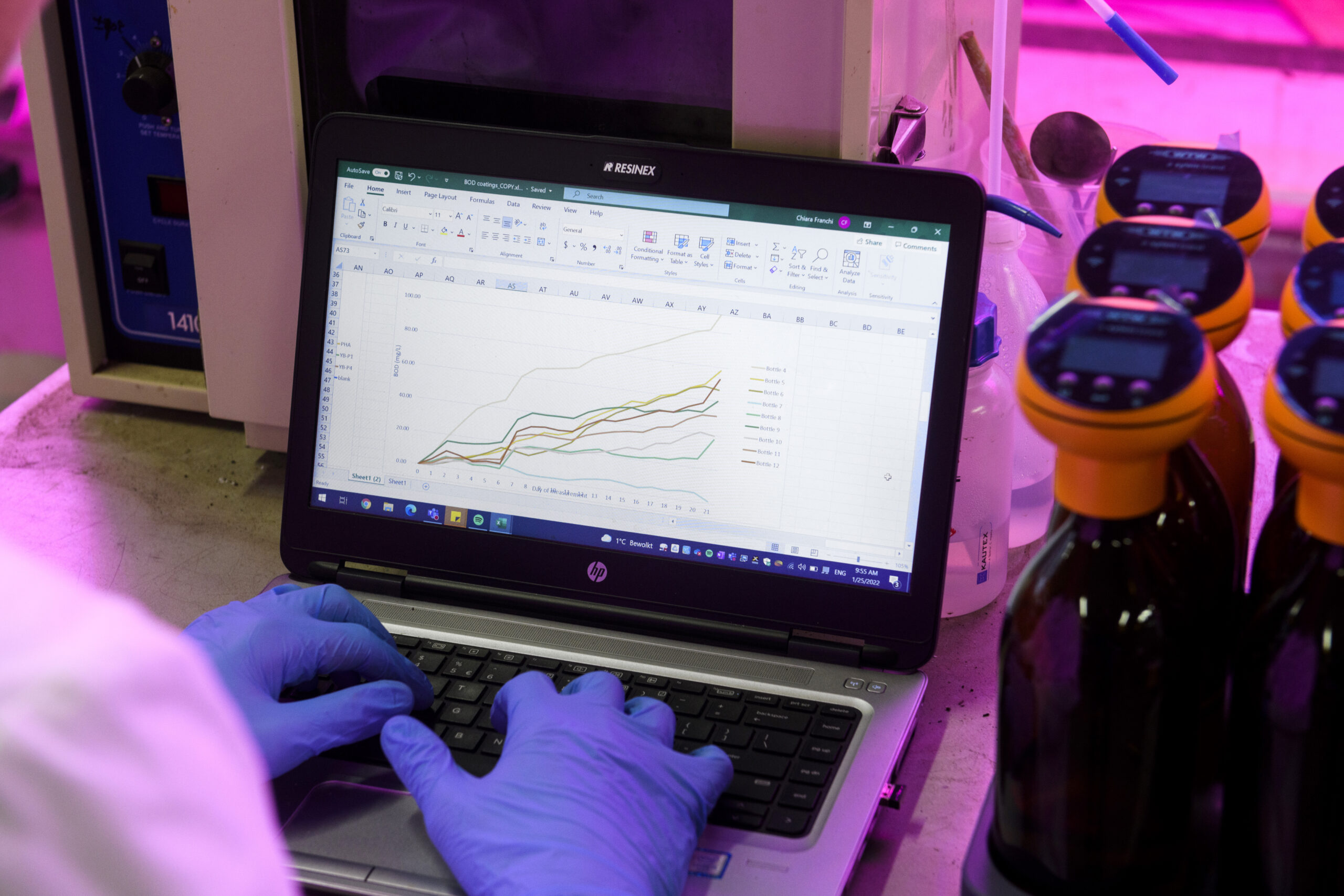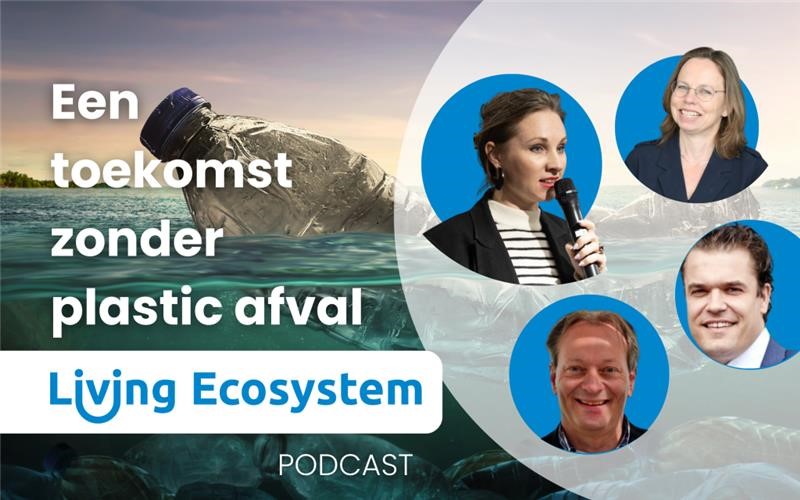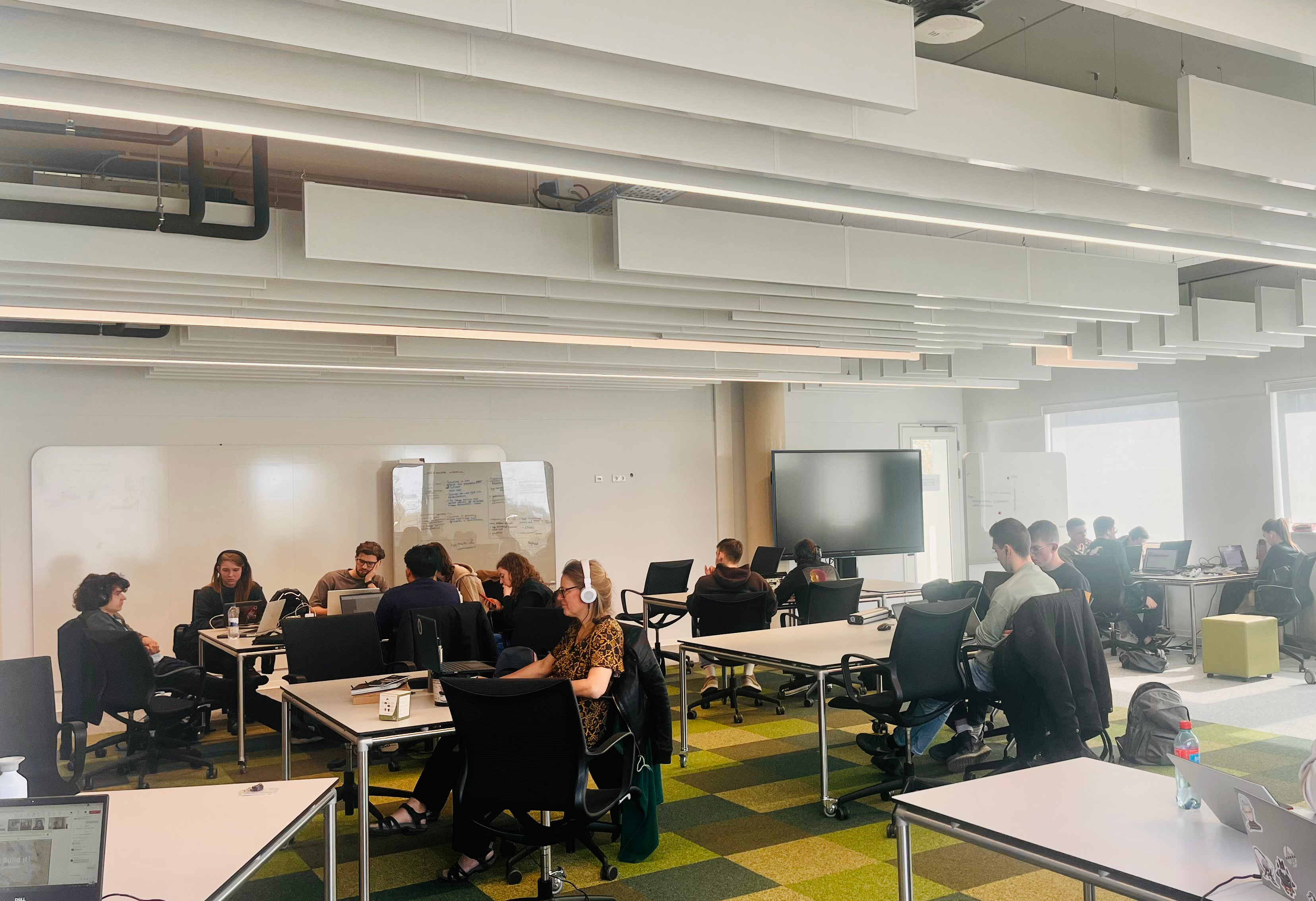Innovation and Sustainability in Research
The goal of Totally Nuts is to develop biobased alternatives for chemical substances currently used in coatings and plastics. By utilizing waste streams such as cashew nut shells, the project not only reduces waste but also creates new sustainable applications. A key substance in this process is cardanol, an oil extracted from cashew nut shells. Cardanol has unique properties that make it suitable for coatings and resins. “Cashew nuts are usually associated with food, but their shells contain many valuable compounds,” says Minkenberg. “By using these byproducts, we reduce waste and create sustainable materials.” Cardanol is also being researched for applications in biobased plastics, which are strong and potentially reusable. The Totally Nuts project further investigates how these materials can be scaled up for industrial applications.
Education and Research: The Power of Collaboration
The Totally Nuts project is not just a research initiative but also a learning opportunity for students. Christophe Minkenberg integrated the project into his teaching at Rotterdam University of Applied Sciences. “This project offers students a unique opportunity to contribute directly to current and relevant research,” Minkenberg explains. “By linking practice-oriented research to their studies, they learn how sustainability and chemistry come together in real-world applications.” Students conduct experiments in the laboratory, analyze results, and collaborate closely with researchers and companies.
Luca’s Practical Experience
Luca Spruyt, a third-year Chemistry student at Rotterdam University of Applied Sciences, is one of the students who had the opportunity to apply his knowledge in practice. He first encountered cardanol and green chemistry during a elective module at the university, sparking his interest in biobased materials. When he got the chance to explore this further through an internship at MNEXT-Avans University of Applied Sciences, he saw it as an opportunity to deepen his knowledge. “Thanks to my previous experience, I was able to get started quickly,” he says.
During his internship at MNEXT-Avans, Luca worked on derivatizing (chemically modifying) cardanol to make it suitable for epoxy resins. Under the guidance of Erik Rump and Moctar Coulibaly from MNEXT-Avans, as well as Christophe Minkenberg, Luca experimented with a two-step process to alter the chemical structure of cardanol, making it suitable for coatings. “The idea is that enzymes can bring about these chemical changes without using harmful substances,” Minkenberg explains.
“The great thing was that the first step could be carried out entirely without harmful chemical solvents,” Luca says proudly. “However, the enzyme doesn’t always work optimally, and some reactants reduce its activity,” he explains. Still, through literature research, he found indications that the reaction should be possible, which motivated him to keep going.
Results and Future Prospects
By the end of his internship, Luca had delivered valuable results, including the first steps toward a workable epoxy resin. His work laid an important foundation for further material development, but the challenge of enzymatic epoxy formation remains. “It’s now up to future researchers to further test and optimize the material,” he says.
Building a Sustainable Future Together
The Totally Nuts project demonstrates how practice-oriented research and education strengthen each other. Students like Luca contribute directly to innovative industry solutions while gaining valuable experience. The collaboration between researchers, students, and companies makes Totally Nuts more than just a research project—it is an inspiring learning experience and a concrete step toward a circular future. Avans University of Applied Sciences and Rotterdam University of Applied Sciences showcase how collaboration between applied universities drives sustainable innovation and education.
For more information about the project, please contact: Qian Zhou







